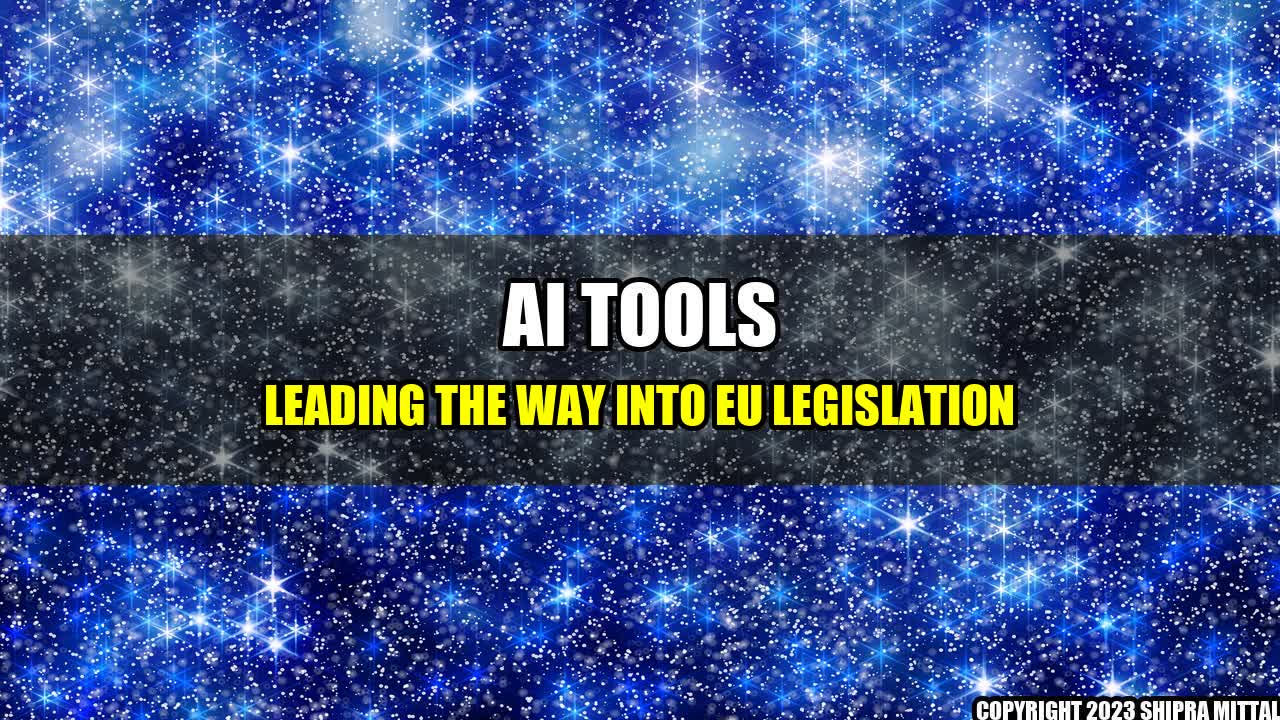
Like many other industries, the legal sector has been transformed by the proliferation of artificial intelligence (AI) tools. As a result, European Union (EU) legislators are increasingly embracing AI-driven legal tech to enhance their regulatory frameworks.
Consider the example of Estonia, a country that has been at the forefront of digital transformation. In 2019, it introduced an AI tool called Lexo to enhance the quality and efficiency of its legal system. Lexo leverages natural language processing and machine learning algorithms to analyze legal texts, enabling lawyers to easily identify relevant laws and regulations.
Another example is the European Parliament, which has been exploring the use of AI tools to improve the quality of legislation. In 2020, it launched an AI-powered legal search engine called LegalHub, which allows MEPs and their assistants to quickly search through EU legislation and case law.
Several AI companies have been instrumental in creating these cutting-edge tools for EU legislators. Among them is Estonian legal tech firm Lawren.io, which developed the Lexo tool. Another key player is French tech company Sinequa, which partnered with the European Parliament to develop LegalHub.
As AI tools continue to advance, they will play an increasingly critical role in shaping EU legislation. However, it is important to ensure that these tools are used ethically and transparently. Additionally, it is crucial to address concerns around job displacement and data privacy as AI becomes more prevalent in the legal sector.
Akash Mittal Tech Article
Share on Twitter Share on LinkedIn